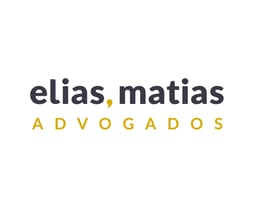Regulatory
Updated Regulatory Standard Requires Companies in Brazil to Address Psychosocial Risks
Beginning May 26, 2025, the updated provisions of Regulatory Standard No. 01 (NR-01), issued by the Ministry of Labor and Employment (Ministério do Trabalho e Emprego – MTE), will enter into force. The revised regulation requires companies operating in Brazil to assess and manage psychosocial risks in the workplace. Its primary objective is to protect workers’ mental health by addressing occupational hazards such as stress, harassment, and work overload.
In line with the global trend of recognizing mental health as a critical component of professional performance, the standard mandates the implementation of an Occupational Risk Management Program (Gerenciamento de Riscos Ocupacionais – GRO), which must include a Work Ergonomic Analysis (Análise Ergonômica do Trabalho – AET) to identify and prevent psychosocial risks.
“Companies will be required to implement psychological support programs, anti-harassment policies, stress monitoring systems, and initiatives that promote work-life balance,” explains Thais Fernandes, attorney at Elias, Matias Advogados.
However, the Minister of Labor has announced that the first year of the standard’s effectiveness will be exclusively educational in nature. This transitional period aims to allow companies sufficient time to adapt to the new requirements before formal inspections begin. Labor Inspection enforcement actions are scheduled to commence only as of May 26, 2026.
To support this transition, the Ministry will establish a Tripartite Thematic National Commission composed of representatives from the government, labor unions, and the business sector. The commission will be responsible for monitoring the implementation of the new standard and facilitating dialogue among the parties involved.
In addition, the Ministry has made available a practical guidance document, the Guide on Psychosocial Risk Factors Related to Work, aimed at clarifying common questions and providing technical guidance to organizations as they seek to comply with the new rules.
The decision to designate the first year as an educational period also responds to requests from both employers and employees, particularly considering the challenges faced by micro and small enterprises. These organizations highlighted the need for a more secure and structured transition to implement the required measures effectively.
Nevertheless, it is imperative that companies promptly begin reviewing their internal policies and implementing the necessary adjustments to ensure compliance. Early preparation will help foster a safer, healthier, and more productive work environment and mitigate future regulatory and reputational risks.
29 August 2025
